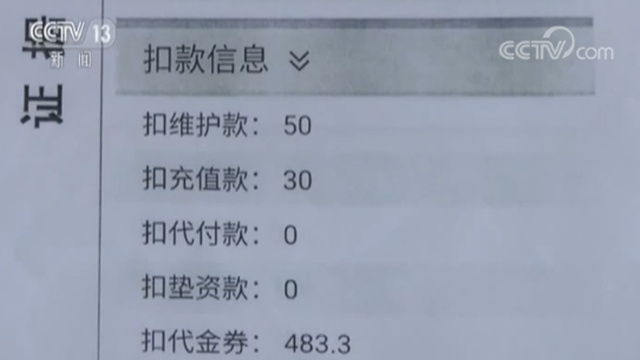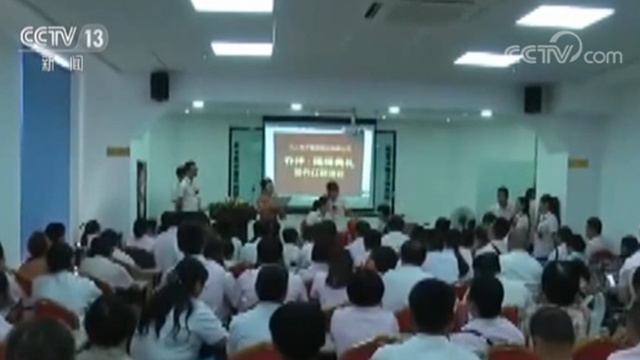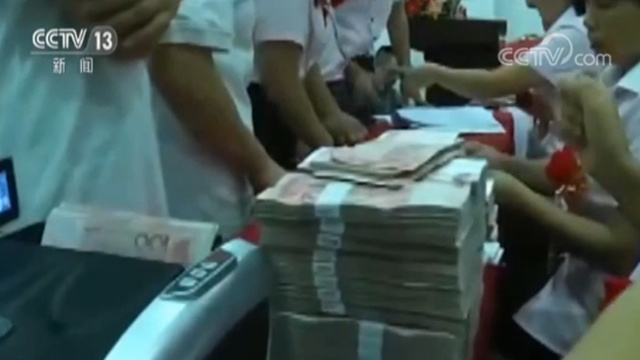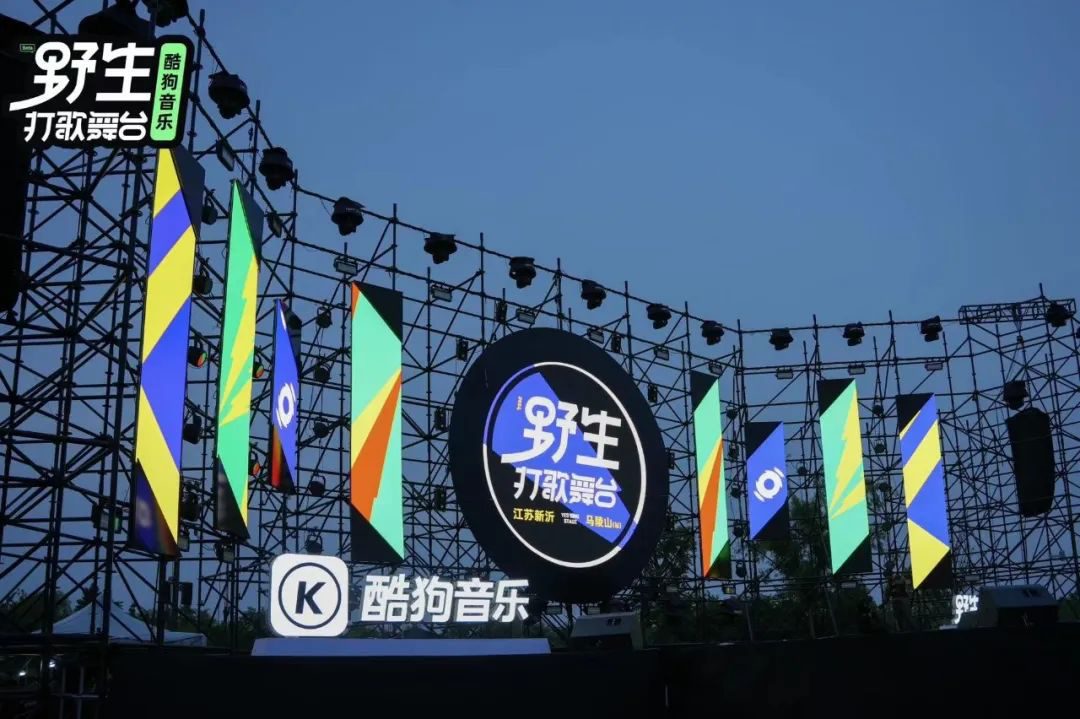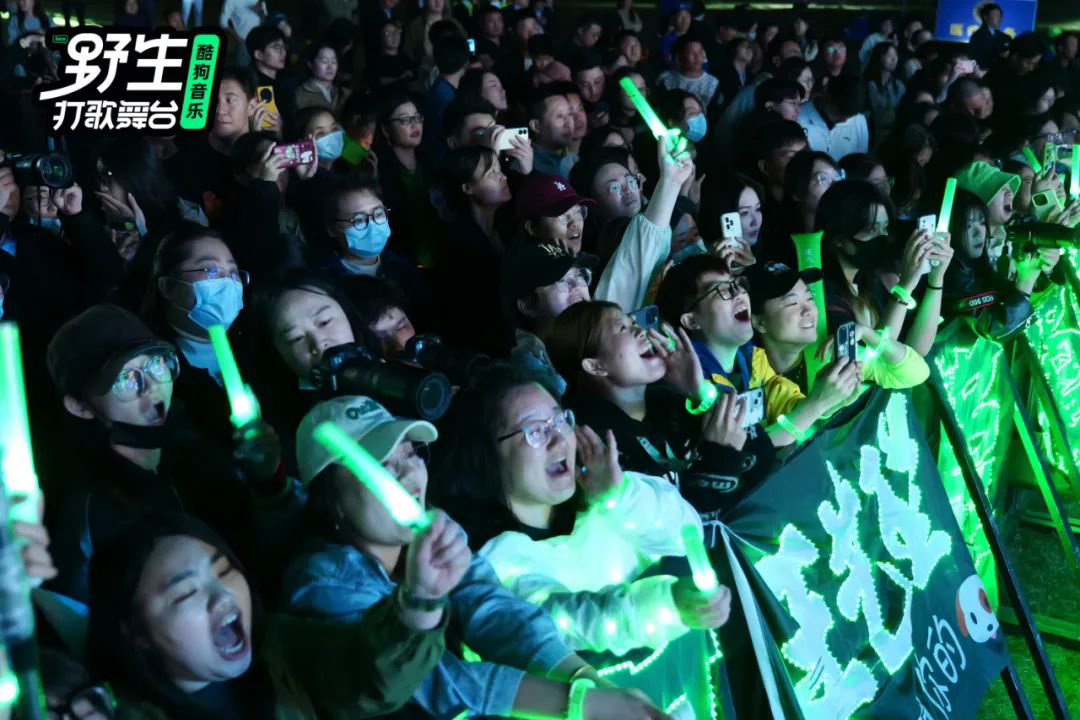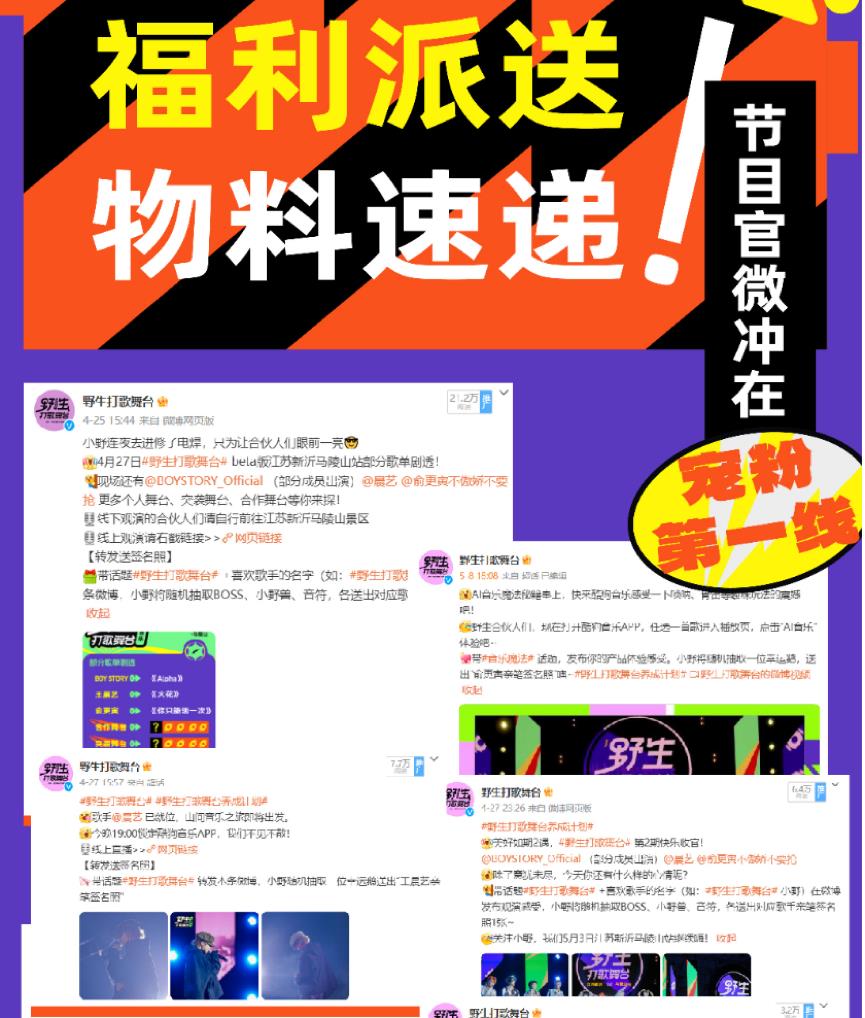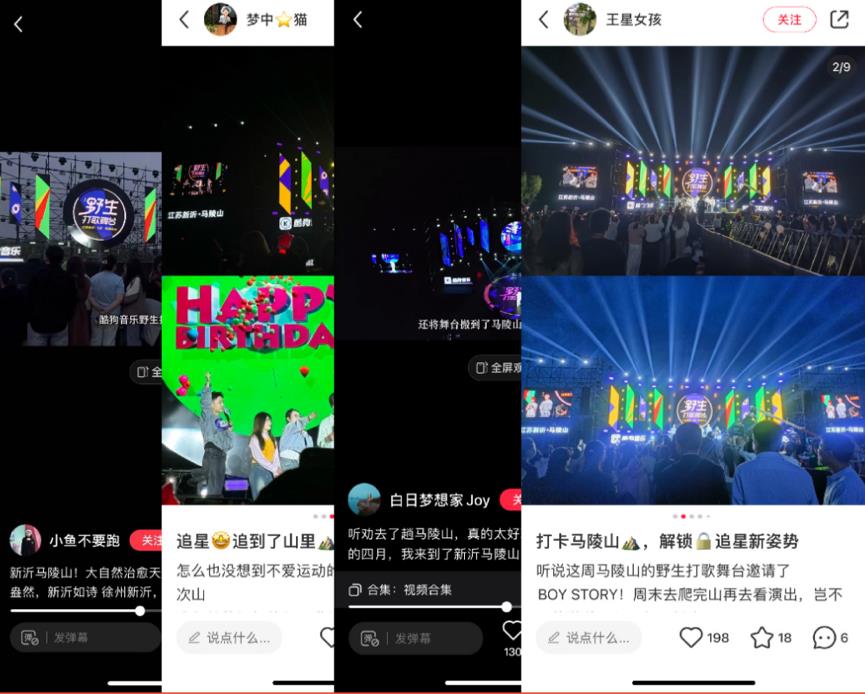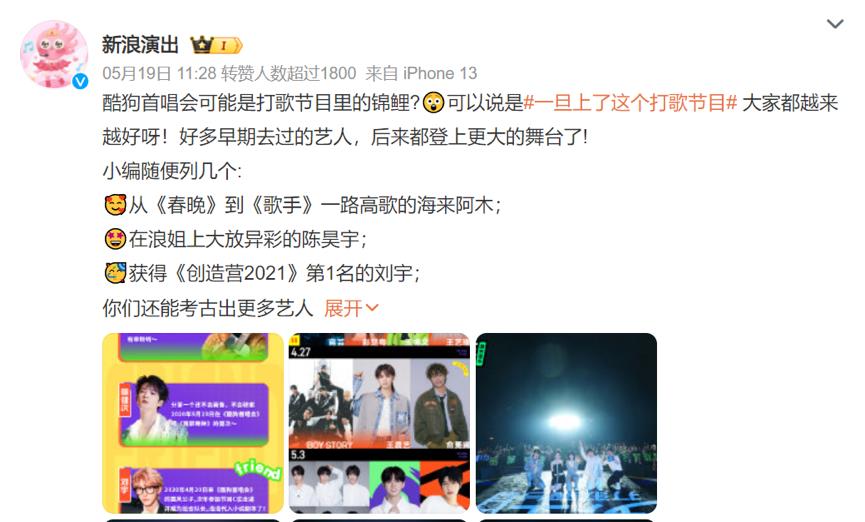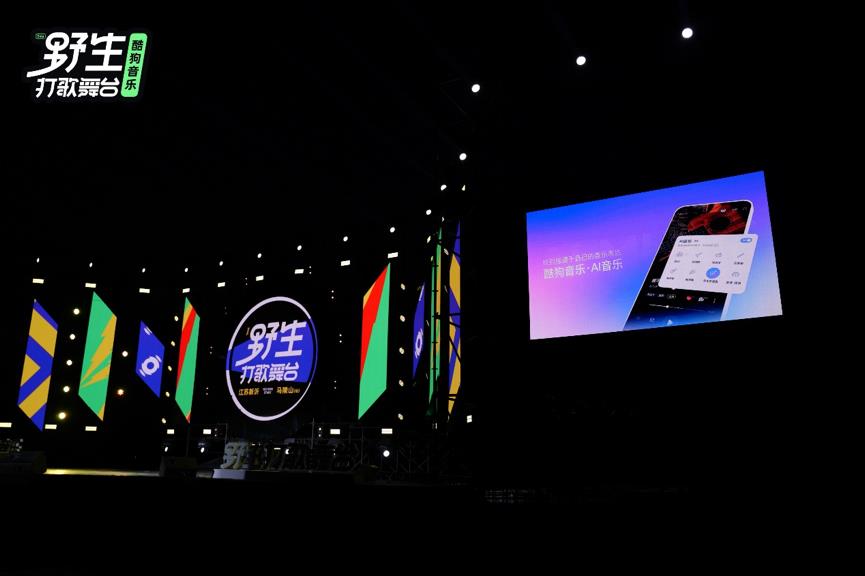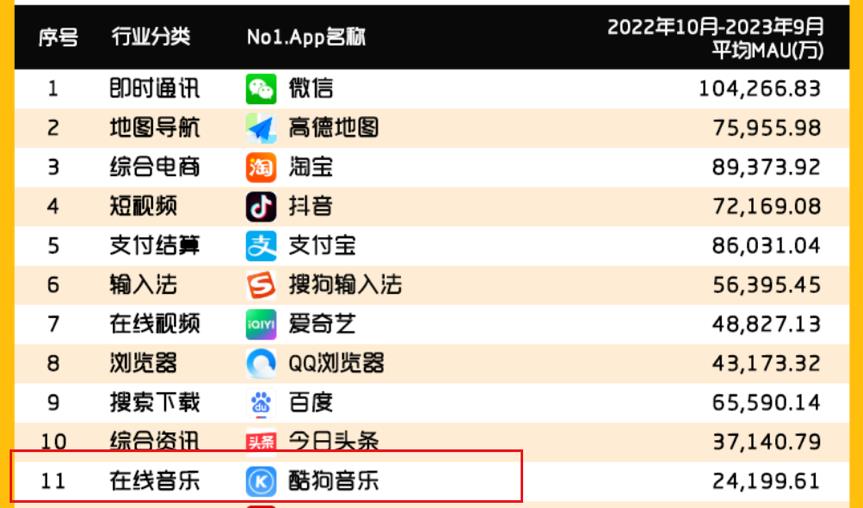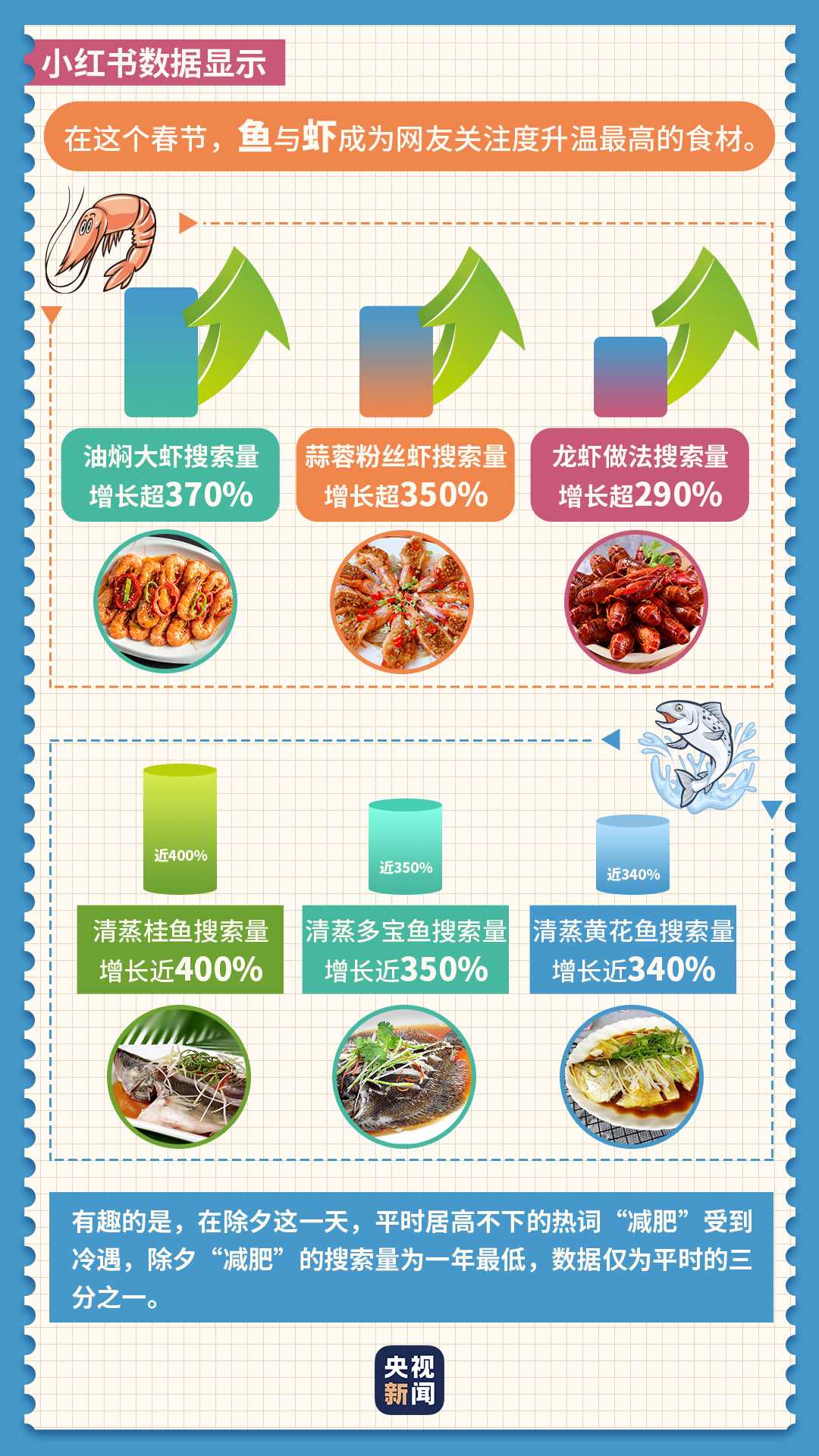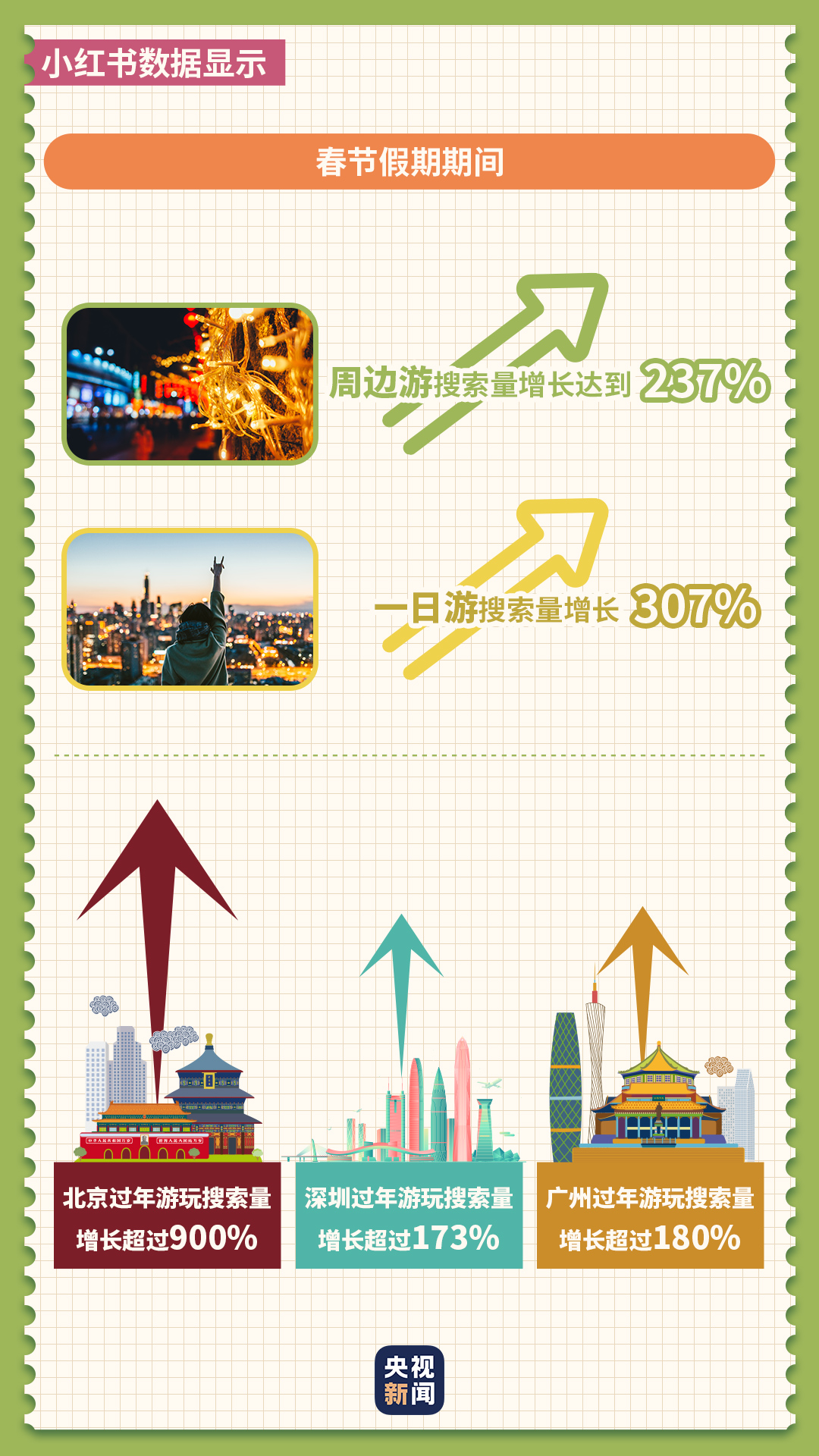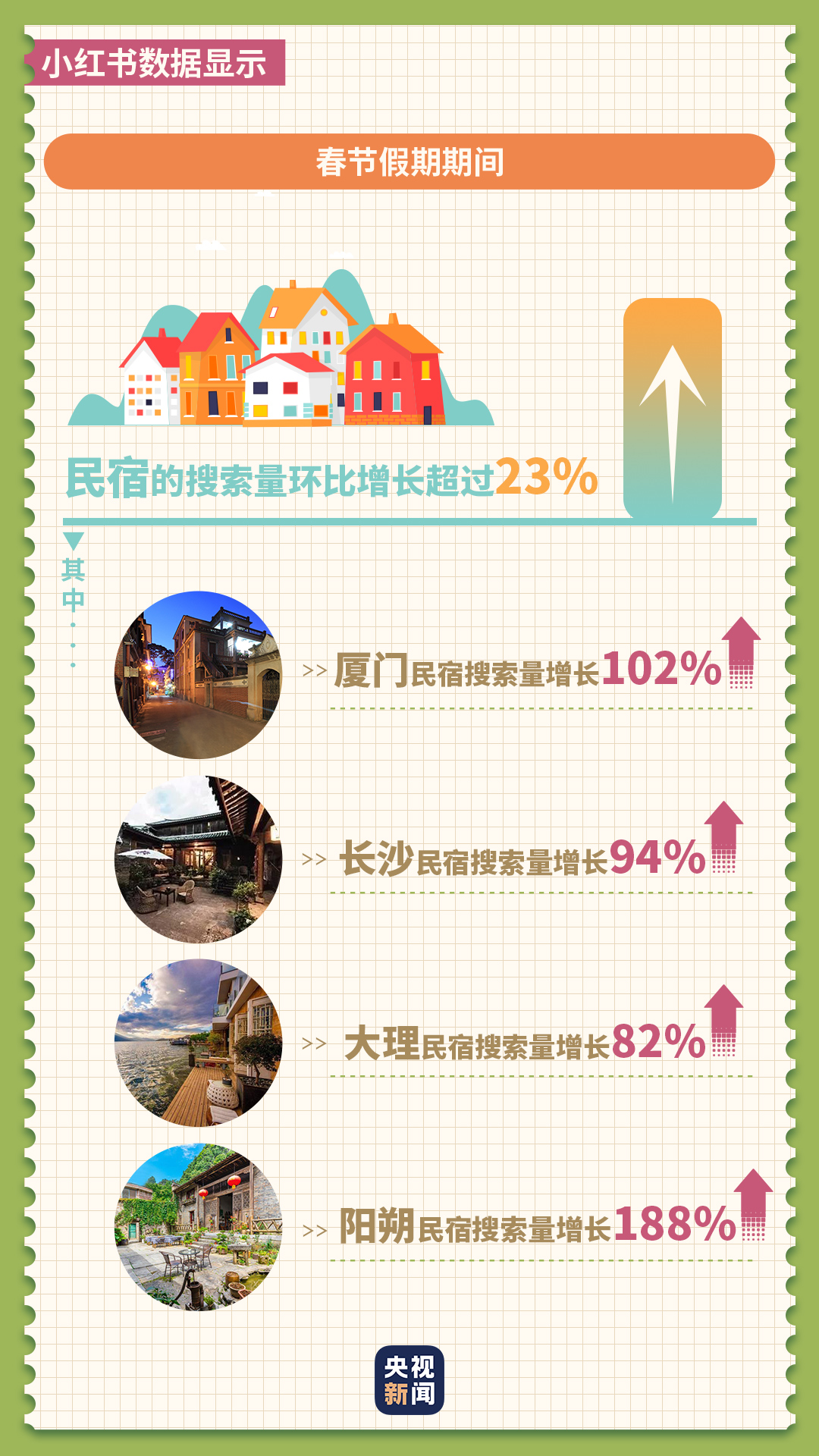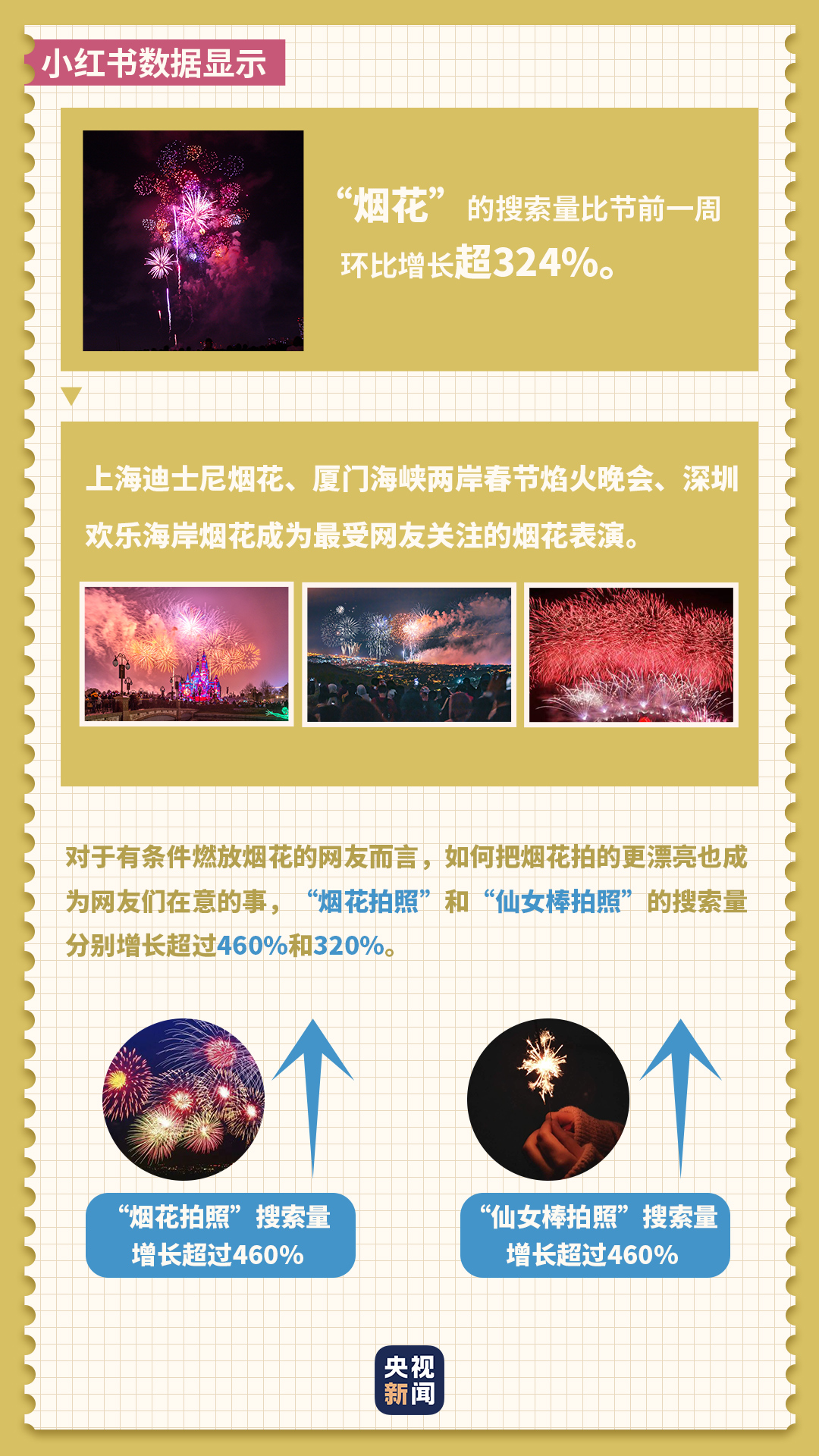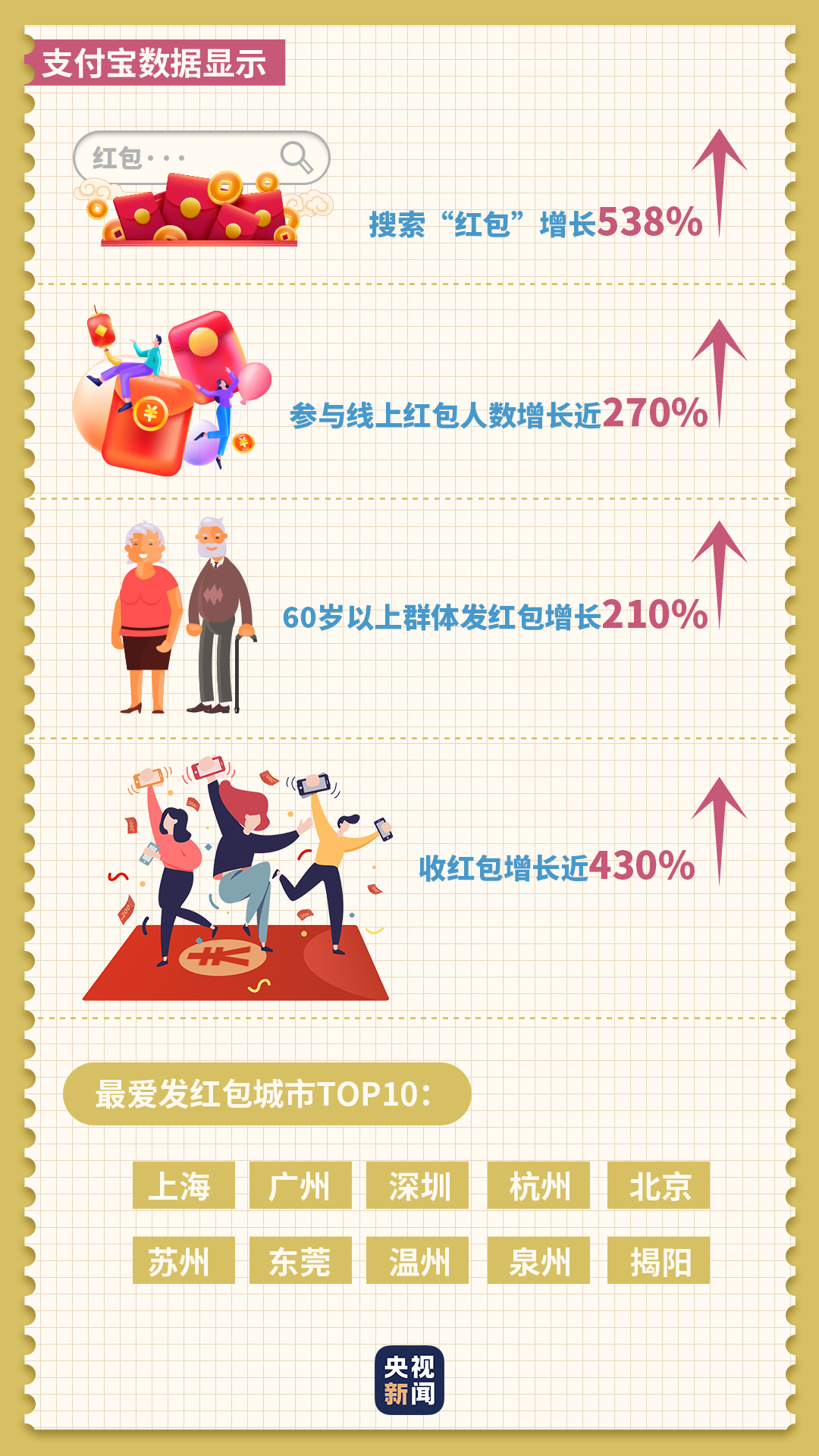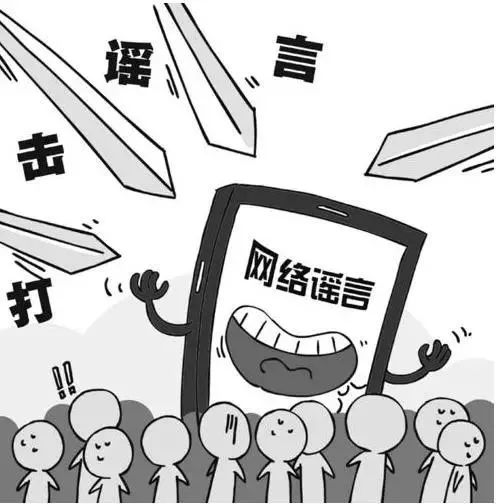The education sector is fighting for funds.
Xu Shoushang, the president of the National Beijing Women’s Normal College, wrote in her resignation letter in February 1924: "A few people vent their anger through private interests, fabricate facts, confuse the audience with black and white, and even encourage students to make slanders, and issue two declarations in the name of the student self-government association. It is not enough to move people and not enough to convince the public. I claim that I don’t bully others, but I am deceived by others. I am guilty of doing things in public and turning it into private. " (Zhong Xiaoan: A Review of Xu Shoushang, China Social Sciences Press, 2012, 150 pages)
After World War I, the Beiyang government’s finances were even more difficult. Warlords around the world spent a lot of tax revenue on armaments, and there was little money left for education. It became normal for teachers to ask for pay to stop teaching. At that time, the newspapers and periodicals in Beijing were full of news that the education sector was demanding salaries, and school representatives even spent the night at the home of the Minister of Education. If we pay a little attention to the new problems and new focuses that historians and educators have paid attention to in recent years, modern literature and Lu Xun’s research may also be different. In the 1920s, part of the money returned by boxer indemnity was becoming the disposable cash in Beijing’s education sector. Who would be in charge of this huge sum and how to distribute it fairly were closely watched by all concerned. Fierce contradictions also arise from this.
On August 14th, 1917, Beiyang government decided to join the Allies to declare war on Germany. This greatly eased the financial pressure on China. First of all, the compensation for Germany and Austria-Hungary (disintegrated in 1918) stopped immediately. China and the signatories of the Treaty of Xin Chou in the Allies agreed that from this year on, boxer indemnity would suspend payment for five years (the moratorium period expired in 1922; Russia has the largest amount of Geng, accounting for 28.97% of the total compensation, and only promised to postpone payment by 10% of the total. Boxer indemnity has a total of 450 million yuan of Guanping Silver, which was paid off in thirty-nine years, with an annual interest of four points and a total principal and interest of nearly one billion taels. Russia has the highest distribution rate among countries, with hundreds of millions of originals, and the total principal and interest is nearly 285 million. The proportion of other countries compensated in the total amount of compensation is: Germany 20.02%, France 15.75%, Britain 11.25%, Japan 7.73%, the United States 7.32%, Italy 5.92%, Belgium 1.89%, Austria-Hungary 0.89%, the Netherlands 0.17%, Spain, Portugal, Sweden and Norway. There is also "miscellaneous" in the compensation, accounting for 0.03%. German reparations were suspended, and the top two in the distribution rate were Russia and France, whose share was almost four times and two times that of the United States.
In July, 1908, William W. Rockhill, the American ambassador to China, stated to the China government that the United States would return half of the Geng funds for China to send overseas students to the United States. In the second year, the Tourist Aesthetics Office was established in Beijing, and the Youmei School was immediately established (renamed Tsinghua School in 1911). The fact that the United States returned part of the Geng money has made Chinese realize that a country that contributed to the victory should no longer pay reparations to its wartime allies for the events more than 20 years ago. After Xinhai, the process of centralization, which was quite effective during the New Deal in the late Qing Dynasty, was interrupted and the state machine was weak. Due to the loss of the right of customs custody, the government has to obtain the consent of the Beijing diplomatic mission to use the customs surplus (that is, the balance after the customs pays compensation), and the financial situation is even more embarrassing. It is common for the Ministry of Education not to pay teachers’ salaries, and the general manager is often a pitiful and hateful role. However, for the post-war education sector, if all countries’ Geng funds can be refunded and used exclusively for culture and education like American funds, the prospect is not only good, but even gratifying.
The end of World War I was earlier than people expected, China’s deferred payment period has not expired, and arduous negotiations have yet to be started. However, the education sector is busy organizing different levels of G-payment committees to plan how to allocate and use the refunded funds, which has led to a lot of contradictions. The funds are not in place, and the dispute between the golden apples has been filled with smoke. At the turn of 1919 and 1920, the education circles in Beijing launched a campaign to demand salaries and strike education, demanding the government to raise special funds to ensure the independence of education. On January 9, 1920, Premier Jin Yunpeng promised to use all the education funds in boxer indemnity, and the agitation came to an end. According to the test, this is the first time that the central government has made a public statement and decided to use the money refunded by various countries exclusively for education. This promise was originally a stopgap measure under pressure (the China municipal government has no right to unilaterally decide how to use the refund of Geng funds), but the education circles inside and outside Beijing are intoxicated with unrealistic dreams and start constant infighting:
Beijing’s education sector was the first to win the Russian Geng fund for Beijing’s education because of its geographical location. As a result, Peking University and other national universities, universities and primary and secondary schools, public schools and private schools in Beijing’s education sector all made a fuss about boxer indemnity. The education circles outside Beijing were indignant with the education circles in Beijing, which monopolized boxer indemnity, and took measures in public opinion and action to try to compete with the education circles in Beijing. This dispute lasted for more than ten years, and all major newspapers reported it at that time. [Xu Wenguo: An Analysis of the Wage-demanding Movement in Beijing Education from 1919 to 1920, Beijing Social Sciences, No.2, 2007, 100 pages. The teachers’ unpaid strike can also be related to the movement of retaining Cai Yuanpei and expelling Fu Yuebang, the second minister of education, in Beijing during the May 4th Movement. In this process, Zhejiang professors formed gang forces. For details, please refer to He Shuda: The Movement of Pulling Cai to Drive Fu by Beijing Staff Union during the May 4th Movement, in Journal of Sun Yat-sen University (Social Science Edition), No.3, 2011]
The naked battle for funds is disgraceful, but fortunately there is no lack of grandeur. Sometimes, when the teacher’s morality degenerates, the Shanghai Times pointed out that "the education sector exposed its ugliness at home and abroad" before and after the establishment of the Sino-French Geng Kuan Committee (April and May, 1925) (Wang Shuhuai: boxer indemnity, published by the Institute of Modern History of Academia Sinica, second edition, 360 pages). At that time, Peking University and Beijing Normal University were at odds. Apart from partisan disputes, there were also reasons for the distribution of Geng funds. If Beijing University can recruit female normal universities, it will be an effective blow to Beijing Normal University.
Sino-Soviet negotiation on repayment
The amount of Russian Geng is large, more than a quarter of the total, which is naturally popular. On July 25th, 1919, Karakhan, Acting Foreign Affairs Commissioner of the Soviet Union, issued a declaration to China, willing to automatically abandon all treaties made by the Tsar and the Qing Dynasty, unconditionally return Russia’s right to benefit in the Northeast, and give up boxer indemnity. The following year, he made a similar promise. During this period, the Soviet Union searched for agents through various channels, and was once ready to win over Wu Peifu and alienate Sun Yat-sen.. It is not surprising that a country invests in the future by making good use of its foreign exchange. On September 2, 1923, Karakhan led a delegation to Beijing and was welcomed by all walks of life. When Karakhan was young, he lived in Harbin with his parents for several years. At this time, he came to China to discuss the restoration of diplomatic relations, and reiterated that the basic spirit of the previous two declarations remained unchanged, which made many Chinese feel good. At that time, Zhongdong Road (China Dongqing Railway for short, Japan took over the Nanman Railway from Changchun to Lushun after the Russo-Japanese War) and a large number of products made in China and Russia were not under the control of the new regime. Karakhan’s first consideration is how to get China’s diplomatic recognition, so that China can expel the Russian forces, ensure the smooth takeover of Russian property in China and recover the management right of Zhongdong Road. Due to various reasons (the north and south are not unified, and the north is in direct conflict), the Beijing government is at a disadvantage in the negotiations with the Soviet Union, and it is impossible to take the resumption of diplomatic relations as a prerequisite for solving a large number of outstanding cases arising from the change of Russian regime between the two countries. Wang Shuhuai pointed out: "At that time, the Middle East Road, boxer indemnity and other privileges could not be enjoyed by Soviet Russia, but they were used by the White Party, accommodating the reality, showing benefits to China and cracking down on the White Party. Under the control of Anfu,The response was cold, but the people aroused a strong reaction … "(boxer indemnity, page 257) The newly established Soviet regime put forward some favorable policies for China in order to break diplomatic isolation, eliminate hidden dangers in the Far East and consolidate the strategic position of the Soviet Union itself. These policies are accompanied by explicit or implicit conditions. If there is a conflict with national interests in the process of implementation, the latter will definitely take precedence.
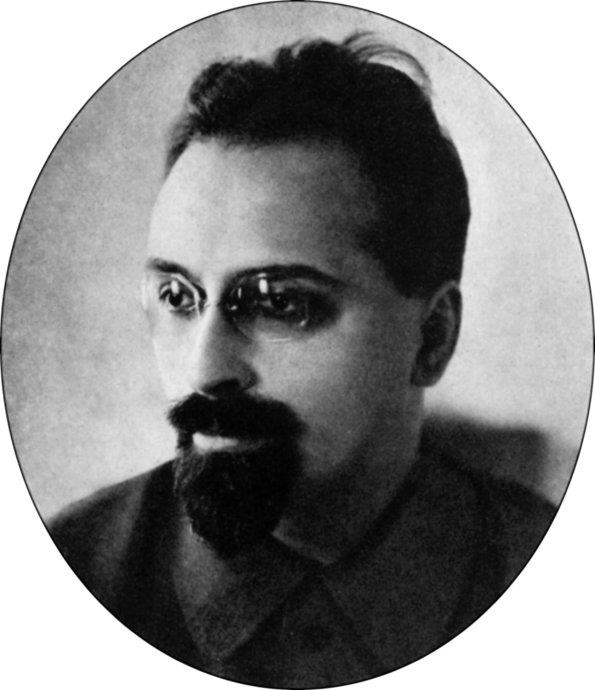
Karakhan
On behalf of the Soviet regime, Karakhan started negotiations with the China (Beiyang) government, which was recognized by various countries, and the two sides signed the Sino-Russian Outline Agreement on Solving Cold Cases on May 31, 1924. Gu Weijun, the foreign minister of the governments of Wang Zhengting and Cao Kun, seems to have made contributions, but China’s actual gains are far below expectations. Wang Zhengting, with the background of the League and the Kuomintang, actually represents the interests of the South. Li Yuanhong sent him to supervise the Sino-Russian negotiations in March 1923, and he kept in touch with Russia. Without the knowledge of the Ministry of Foreign Affairs, he signed a draft agreement with Karakhan on March 14, 1924. Gu Weijun intervened angrily, and the Ministry of Foreign Affairs made a series of changes, and then formally signed a contract with the Soviet side. Yen Hui ching recalled: "The negotiations between Chinese representative Dr. Wang Zhengting and Mr. Karakhan went through several months, but Dr. Gu Weijun, then the foreign minister, had no idea about the progress of the negotiations. Later, at a cabinet meeting, representative Wang more or less deliberately revealed the new Sino-Soviet Covenant initialled by him and Soviet representatives. Foreign Minister Gu was extremely angry about this and insisted that the New Testament must be handed over to the Ministry of Foreign Affairs for detailed study before the cabinet deliberated. In this way, the representative of the king was not only embarrassed, but also caused a bad impression on him by cabinet members and the president. Therefore, it was decided to end the work of Wang’s representative and put it in the sole charge of the Ministry of Foreign Affairs. Of course, Mr. Karakhan is also very unhappy. For such a change, he once insisted on the original draft and refused to change it. Finally, he was forced to accept the change. A brand-new treaty came into effect after he and Dr. Gu signed it. " (autobiography of Yen Hui ching,Translated by Wu Jianyong, Li Baochen and Ye Fengmei, Commercial Press, 2005, p. 181).
Article 11 of the agreement reads "The Soviet Russian government promised to abandon the Russian part of boxer indemnity", and the two sides made the following statement:
1. boxer indemnity, which was abandoned by the Soviet government in the Russian part, was fully used to promote education in China after all kinds of priority debts guaranteed by the indemnity were paid off.
Two, the establishment of a special committee to manage and distribute the above funds, the committee is composed of three members, two of whom are appointed by the China Municipal Government, and the matters decided by the committee shall be unanimously acted.
Three, the money at any time, shall be deposited in the bank designated by the special committee. ("boxer indemnity", 262 pages)
According to this clause, the three-member Committee that manages and distributes the refund has great financial power, and financial power also means political influence. The number of committee members is too small (perhaps it was Wang Zhengting’s idea that the Chinese side should have one each from the northern and southern governments to show equality), and it is easy to form a dominant position. The Soviet Union has a unified national will, and it doesn’t matter who serves as a member. China is in a state of de facto division, and its national concept and public spirit are very indifferent. Factions abound and there are factions among them. The candidates for the two members will be the result of the power game among various interest groups.
In any case, Article 11 of the agreement gives hope to the education sector, but it is difficult to put it into practice, because Article 2 of the agreement stipulates: "The governments of the two contracting parties promise to hold a meeting within one month after the signing of this agreement, and negotiate detailed measures for all outstanding cases in accordance with the provisions of the following articles for implementation. This detailed method should be completed as soon as possible, but in any case, no later than six months from the start of the meeting mentioned in the preceding paragraph. " Signed at the same time with the agreement, in addition to the Interim Administration of the Middle East Railway Agreement and other documents, there is also a crucial Protocol, which is a unilateral statement of the Soviet Union, reaffirming that all previous conventions, treaties, agreements, protocols and contracts between China and Russia will be abolished at the above-mentioned meeting and will not be enforced until the treaty agreement is replaced. [Tang Qihua: The History of the Northern Warfare Amendment Covered by the Abolition of Unequal Treaties (1912-1928), Social Science Literature Publishing House, 2010, pp. 208 and 209] In other words, China and the Soviet Union must hold an important meeting to renegotiate the treaty agreement, otherwise, all kinds of promises cannot be fulfilled. The Soviet Union has a very important chip in its hands.
It is too complicated to negotiate with Russia. A month later, the Sino-Russian conference office was formally established, indicating that it is almost impossible to hold a meeting within one month stipulated at the time of signing the contract. At that time, the proposals put forward by the office were divided into six categories (border affairs, Mongolia issue, Middle East railway, compensation, negotiation and debt settlement), and there were a large number of specific outstanding cases under each category. Since Zhang Zuolin actually controls the three northeastern provinces where Zhongdong Road is located, Karakhan signed the Agreement on Serving Russia with Zhang on September 20 of that year, which caused protests from the Foreign Ministry in Beijing (the southern regime also tried to intervene in the negotiations). The Agreement to Serve Russia is similar to the Sino-Russian Agreement, and it also requires a formal meeting within one month. Soon after, Feng Yuxiang’s national army staged a coup on October 23. Unexpectedly, the preparations for the Sino-Russian meeting were accelerated, and the problem of selecting candidates for the Committee, which was originally thought to be very difficult, was solved extremely neatly. Karakhan moved into the old Russian Embassy in Beijing in late September, 1924, and held a flag-raising ceremony on October 5th, which officially opened.
Distribution of Russian Geng funds in the trend of female normal universities
After the October Revolution of the Soviet Union, China considered stopping paying Russian Geng. Since December 1917, Russian Geng has stopped paying, six times before and after, and stopped paying in July 1920 (after the October Revolution, the Russian Embassy in China continued to operate, and the indemnity was deposited with Dawson Bank of Russia by Anger Lian, the General Tax Department of China Customs. In July 1920, China stopped paying, which can also be understood as delaying the payment of all Russian Geng funds. The General Taxation Department was ordered by the Ministry of Finance to deposit the compensation in Shanghai China Bank for the China government to maintain Zhongdong Road, repatriate overseas Chinese and issue government bonds). From the beginning of 1924 to the end of 1926, the China government allocated 1.95 million yuan from this indemnity to Beijing universities (boxer indemnity, 263 pages). In February, 1924, Xu Shoushang resigned as the president of Women’s Normal University (renamed Women’s Normal University in May, 1925). In her resignation, we can distinguish the conflict between public and private interests. Is it related to the allocation of funds?
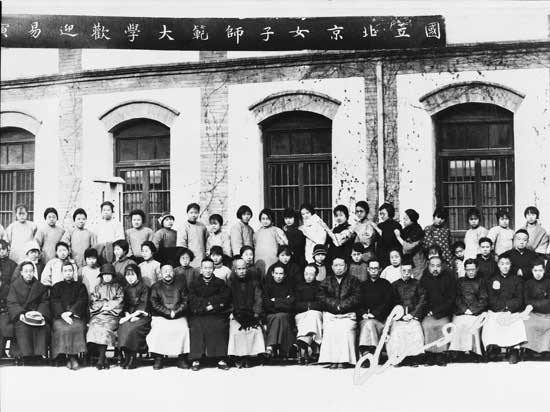
The background of the distribution of Russian Geng money refund in the trend of women’s normal universities was rarely mentioned before. Some truths can be learned from the Notes on the Tide of Women’s Normal University (originally published in Women’s Weekly on August 19 and 26, 1925) written by Late Fool from August 9 to 22, 1925. This is the earliest and more comprehensive narrative of the movement of expelling Yang in women’s normal universities. Yang Yinyu was appointed at the end of February, 1924, and took office in early March. The next month, because of the disagreement with some teachers on how to distribute the "Russian Geng Fund", some people left and students were suspended. Obviously, in a society where male chauvinism prevails, it is unforgivable for the female headmaster to dare to go against the will of a group of male teachers and reduce their expected income. Description of "Late Fool":
In April, 13th year, due to the distribution of Russian Geng, Yang dominated at random, which aroused the disgust of most teachers and caused them to ask questions. Yang started with denial, followed by abuse. So most teachers, unwilling to cooperate, resigned angrily and suspended classes for two months.
How to "control at random", the author did not explain. On April 28th, fifteen teachers, including Zhang Zeyao, a chemistry professor, wrote to Yang Yinyu, saying that she could not work with her, and listed her "perverse points". The first is "contempt for the Senate". Previously, the school Council decided to "deny the Ministry’s board of directors", but Yang Yinyu did not forward the resolution to the Ministry of Education. According to the Regulations on National Universities promulgated by the Ministry of Education on February 23, 1924, national universities must set up a board of directors to "consider the school’s plans and budgets, final accounts and other important matters", and its authority is greater than that of the school’s review meeting which specially evaluates "the internal organization of the school, its articles of association and other important matters". The board of directors is composed of the president, directors from the Ministry, and appointed directors (directly appointed by the Chief Education Officer for the first term). [Compilation of Historical Archives of the Republic of China (the third series, Education), edited by China’s Second Historical Archives, Phoenix Publishing House, 2012 (reprinted in 1991), 174 pages] The original intention of the Ministry of Education is to concentrate power in the chaotic national universities, lead the development of each school, and strengthen management and supervision financially, but it overestimates its ability to implement the regulations. In January this year, Zhang Guogan became the education chief of Sun Baoqi Cabinet, and immediately devoted himself to rectifying universities. He didn’t expect that the board of directors limited the power of the Council and was bound to be resisted. Xu Shoushang was very wise to resign as the president of the female normal university at this time. Therefore, it falls to Yang Yinyu to coordinate the relationship between the school and the Ministry of Education.
The second "perverse point" listed by these teachers is actually a supplement to the first:
This year’s renewal of the school fee of boxer indemnity in Russia is 66%, the source of which is very different from the recurrent fee. The cover is obtained by the staff’s call sign, and of course it is dominated by all other schools. Mr. Wang arbitrarily withheld money and refused to pay it. The most strange thing is that he called a special meeting in a short time to discuss this matter. Looking up the articles of association of this school doesn’t matter whether the special meeting is related to the control of funds, that is, the meeting should be held or decided by the appraisal meeting. This meeting is unfounded, the proposal is not voted at the meeting, and the posts attending the meeting are arbitrarily dispatched without standards. After that, the meeting is scribbled, and if you want to force your colleagues to abide by the pre-printed distribution list, you really don’t follow the articles of association, and you are extremely reckless. (Compilation of Historical Materials of Lu Xun’s Life, edited by Xue Suizhi, third series, Tianjin People’s Publishing House, 1983, 246 pages)
Indeed, this Russian boxer indemnity was obtained at the appeal of eight national universities. As one of the eight presidents, Xu Shoushang was also a direct participant. See the Submission of Eight Universities for Appropriating Russian boxer indemnity for Education Fund (originally published in Peking University Journal on November 27, 1923). See Wang Xuezhen and Guo Jianrong’s Historical Materials of Peking University, Volume II, Peking University Press, 1876, 2000). There is this passage in the submission: "Russian reparations have been officially declared by its representatives, that is, before the Sino-Russian meeting, all the Russian part of boxer indemnity will be allocated as education funds for China, and part of it will be allocated to the National Beijing Eighth School to meet the urgent needs. Our government immediately agreed to implement it. " This Russian "representative" is Karakhan who arrived in Beijing more than two months ago. The attitude of the Soviet Union is more favorable to schools outside Beijing. Jiang Menglin, acting president of Peking University, was the first representative to sign the submission, and Xu Shoushang signed it as a female president of normal universities. Jiang Menglin’s talk on April 18th, 1932 (when Jiang was the president of Peking University) confirmed this matter: "It has already been stipulated that Russian funds should be allocated for education. On November 15, 1912, Karakhan was the foreign affairs commissioner of the Russian government, and after waiting for others, he tried to use the Russian Geng as the education fund. Gaston once declared that he would give up the Russian Geng as the fund for Beijing national universities, and noted to the Ministry of Foreign Affairs that in addition to repaying the public debt, he would use part of the Russian Geng as the fund for Beijing national schools. Yu Gu knows all the things agreed with Jia’s, but I don’t know the future situation because I am not a member of the Russian Geng Fund.The balance of the Russian Geng fund is 97.365 million yuan, and the balance this year is 25.197 million yuan, which is very large. (Originally published in Beijing Daily on April 19, 1932, see Peking University Historical Materials, Volume II, page 318) Therefore, these teachers of the Women’s Normal University insist that they should be "completely dominated" among the teaching staff of our school, just like other schools, that is, all of them are lost.
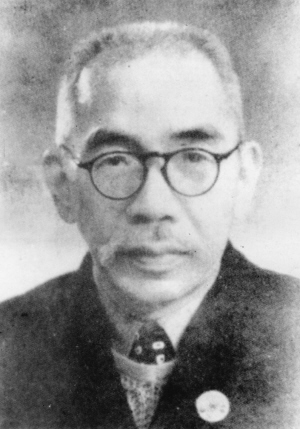
Xu Shoushang
Will Xu Shoushang fall out with a few teachers because of the disposal of this special fund? Does the "Board of Directors of the Ministry" have the right to decide the distribution plan of the G-sum when deliberating the budget and final accounts? Shortly after Yang Yinyu took office, did he continue the principle of the former headmaster and disagree with "all domination", so there is a saying that "any deduction is made, and no payment is made according to the arrangement"? These are not stupid questions.
The headmaster insisted that the distribution of Geng funds should benefit the teachers attached to the secondary school.
Yang Yinyu called a special meeting (indicating that the "ministerial board of directors" has expired) and submitted the designed scheme of distributing boxer indemnity among different departments for discussion ("pre-printed distribution list"), which offended the dignity of the Council (some members). This is why the late fool accused her of "arbitrary domination". It can be understood as follows: Yang Yinyu is more willing to cooperate with the Ministry of Education and does not advocate that all the funds allocated by the Ministry of Education be distributed among female teachers and staff; The composition of the "Ministry Board of Directors" is reasonable (the list of members of the board of directors is difficult to test). She is not afraid to offend professors such as Zhang Zeyao and "convene a special meeting", probably because there are directors of the "Ministry Board of Directors" who have been denied by the Council, and their presence prevents the Council from "completely dominating" boxer indemnity, Russia. If the appropriation given by the Ministry of Education to the female normal university includes the share of the primary school attached to the secondary school, and Zhang Zeyao and others oppose the inclusion of the primary school teachers attached to the secondary school in the distribution plan for the maximization of their own interests, then the special funds that have been recorded by the female normal university cannot be used in full, and some of them should be returned to the Ministry of Education. Behind these differences are also hidden conflicts in educational concepts. Women’s Normal University has a secondary school attached to it and a primary school attached to it. The nature of the school is the same as that of women’s Normal University, and it is also public. Teachers in the two schools have low incomes, so they can’t receive their wages in full, and they should be subsidized.
In May of this year, students had to change their principals, ostensibly because of politics, that is, students were not allowed to March in the streets on the National Shame Memorial Day (May 7), but in fact, someone was using the excuse to play (students could even go on strike indefinitely on the pretext of "failing to report the national revenge"). Lu Xun came forward to mediate, and he recorded in his diary on May 21, 1924: "In the evening, with the trend of female teachers’ schools, students invited Cambodia to mediate, and went with Luo Yingzhong and Pan Qixin, but Zheng Jieshi was the only one who continued." ("Complete Works of Lu Xun", Volume 15, page 513) The agitation gradually subsided. Does it mean that Yang Yinyu’s distribution plan was suspended during the stalemate between the two sides? Later, Yang Yinyu was accused of "enriching himself" financially, which was the cause. As an official of the Ministry of Education and a part-time teacher of the Women’s Normal University, Lu Xun is willing to mediate, which shows that he is not completely on the side of the students, and behind the students, there are teachers who demand "all the money".
After the summer vacation in 1924, the Senate, the highest legislature of the female teacher Daxin, was re-elected, and the anti-Yang people called it Yang Yinyu’s "Imperial Meeting". How the Russian Geng fund should be distributed still needs to be decided by the new Council. As can be seen from the Notes on the Tide of Women’s Normal University, the director of the primary school and the director of the affiliated middle school (now called the principal) of the women’s normal university were also elected to the Council ("Another example is the director of the primary school and the director of the affiliated middle school, but they are not qualified as assessors, but they are all entrenched in the school and control everything", see the third collection of historical materials of Lu Xun’s life, page 248), which is crucial information. Are the two directors appointed by the former Ministry of Education? It seems that Yang Yinyu still wants to realize what she understands as justice: the newly elected council reflects the spirit of the Ministry of Education to treat all public universities, primary schools and secondary schools equally, and the allocation of Russian boxer indemnity will benefit the primary school teachers attached to the affiliated middle school. At present, all kinds of writings about the student tide in women’s normal universities start from Yang Yinyu’s expulsion of late students in November 1924, and the first crisis after Yang Yinyu’s performance of his duties six months ago was omitted. As long as there is a gust of wind blowing outside, the embers distributed by Geng Kuan will still rekindle, but the banner is new. If some teachers can’t work with Yang, they will wait for an opportunity to fight back, and then the incident can only be used, not the main cause. If the accounts of the women’s normal university were complete, how to distribute the Geng funds is worth investigating thoroughly. To meet the requirements of Zhang Zeyao and others, Yang Yinyu may buy a little heart; The primary school teachers attached to the affiliated middle school are also immersed in Russian money, so Yang Yinyu has a deeper enmity with the opposition teachers and must go.
When Yang Yinyu handed over the accounts to the Ministry of Education on August 9, 1925, there were still 203,954 yuan in the account books of the Women’s Normal University (see "Archives of Beijing Women’s Normal University before the Anti-Japanese War" in the archives of Beijing Normal University, with fonds number 2 and volume number 3. The author can’t verify whether the female normal university has other debts), and the number is staggering, or it shows that the Geng payment has to be "set aside and not distributed" because of the disagreement between the opposing sides and the continuous student tide. The money left in the account is enough to cause great disaster. The Education Maintenance Committee and the School Affairs Maintenance Committee of the Women’s Normal University immediately wrote to the Ministry of Education after the resumption of the school on November 30 of that year. In addition to reporting the process, they also wanted to accept the financial rights of the women’s normal university: "It is reported that the school funds and students’ accommodation and other expenses were taken away privately a few days ago. If the money absconded, please ask your department to investigate it immediately, and strictly order the Hu Dunfu Xunjiang to pay all the money for the school affairs to this Council for acceptance. After that, the university should receive all kinds of money, and please submit it to the university maintenance meeting for formal collection. " (The Third Collection of Historical Materials of Lu Xun’s Life, page 326) This team is sober-headed, shouting correct slogans and keeping their eyes on the accounting office. It is no secret that the profit and loss in the books of the Women’s Normal University (now the National Women’s University), Yi Peiji, one of the main messengers of the movement, still has various private expenses to be reimbursed in the public accounts.
On March 4, 1926, the new women’s normal university elected the all-male school Council. Zhang Zeyao, who we are already familiar with, was included in the list. The director of the primary school and the director of the affiliated middle school were naturally excluded because they were not qualified for the election. President Yi Peiji is the speaker and did not participate in the evaluation. Eleven professors were elected, except Xu Shoushang and Lu Xun, two officials of the Ministry of Education (who were reinstated on January 17th). At least seven of the nine reviewers (Ma Yuzao, Zheng Dian, Chen Qixiu, Lin Yutang, Xu Bingchang, Zhao Tingbing and Dai Xia) are professors of Peking University, and the other two reviewers are Wen Yuanmo and Zhang Zeyao. (Collection of Historical Materials of Lu Xun’s Life, Third Series, pages 339 and 340)
The opinions of the Ministry of Education will finally be respected.
There is an anecdote in Lu Xun’s "The New Rose" (May 23, 1926): "The’ Soviet Russia’s money’ is 100,000 yuan. This time, the Ministry of Education and the education sector have been entangled, because everyone wants a little." The commentary after the Complete Works of Lu Xun said: "In mid-May, 1926, the Ministry of Education of Beiyang Government returned the boxer indemnity Committee to Russia (Li Shiceng, Xu Qian and Gu Mengyu were wanted at this time, Yu Wencan and Cha Liangzhao were Chinese members) to borrow 100,000 yuan, and it was planned to distribute the money equally to Beijing National University, public primary and secondary schools, and so on according to the budget. At that time, the teaching staff of nine national schools, such as Peking University, opposed this distribution method, thinking that this paragraph could only be used in Beijing’s specialized schools and above, so it was entangled with the Ministry of Education. " (Complete Works of Lu Xun, Volume 3, page 312)
This annotation is well done, and we have met before. The reason why the staff of nine schools oppose the distribution plan of the Ministry of Education is simple: the fewer schools and institutions participate in the distribution, the higher the amount they can get. We have seen the "entanglements" of roughly the same nature when discussing the differences between Yang Yinyu and some teachers (that is, whether we should take care of the interests of the primary school teachers attached to the secondary school attached to the Women’s Normal University). The Ministry of Education of a country’s government does not only serve "specialized schools or higher", that is, colleges and universities, but the teaching staff of nine schools are unwilling to share the Russian Geng funds with public primary and secondary schools, which makes people feel chilling. Lu Xun wrote in How Do We Be Fathers Now? The "youth-oriented morality" emphasized in "The Complete Works of Lu Xun" (Volume 1, page 137) is exactly what these elders are not prepared for. Universities can despise primary and secondary schools, just as famous professors who boast of their knowledge take it for granted that they should give priority to hiding in air-raid shelters when enemy planes attack.
During the period when Feng Jun was stationed in Beijing, the plan of Russian funding for Beijing’s education sector was implemented smoothly, and the primary and secondary schools attached to nine national schools (merged into Jingshi University in August 1927) also received Russian funding, indicating that the opinions of the Ministry of Education were finally respected. This is a bit unexpected [for details, please refer to the statement by all the staff of Jingshi University that Russian funds are still allocated to various departments and departments, and there is no assistance in military expenditure to electrify the national education sector], in Collection of Archives of the History of the Republic of China (third series, Education), pp. 830 and 831. After Yu Wencan and Cha Liangzhao became members, they agreed with the Russian members to allocate 125,000 yuan of Russian money every month to assist the National Nine Schools, which were later unified into the Jingshi University until the end of 1930].
The Nanjing government was established on April 18th, 1927, and Beijing (later renamed Beiping) was not under its rule, and the Russian money was lost. The Kuomintang was greatly annoyed. "It criticized the Soviet personnel for their efforts in’ showing favors’, arbitrarily controlling’ handling’ and’ easily hampering’ the abandoned money, that is, they took action in October 1928 because they had seriously violated the agreement reached by the two governments. At this time, Li Shiceng even publicly stated that the Committee "forbids Russia to participate". What Li Shiceng values is the power in his own hands, not the actual needs of Beijing’s education sector. The China-Russia Geng Fund Committee then existed in name only.
In 1934, the Kuomintang government decided that all the surplus of the Geng funds "abandoned" by the Soviet Union should be turned over to the state treasury, and the Committee disappeared (Mi Rucheng: The refund of Geng funds and its management and utilization, Research on Modern History, No.6, 1999, p. 79). After the victory of the Northern Expedition, the Kuomintang initially insisted on the slogan of "promoting learning with Geng funds". The first national education conference during the period of Nanjing National Government (May 1928) passed three bills on promoting learning with Geng funds, and formally decided to use the Geng funds from Belgium, Italy and the Soviet Union as education funds (Xu Wenguo: On the activities of promoting learning with Geng funds of the national board of directors, Education Review, No.3, 2010, 120) The three bills passed at that meeting were the organizational outline of the Geng Fund Promotion Committee; It is proposed to designate the Russian-issued treasury as an education fund; It is proposed to designate the distribution bank of Belgium and Italy as the education fund. The most important scheme (the case of designating the Russian-funded issue treasury as an education fund) has not been realized.
University professors and the temptation of financial power
The Sino-Russian Geng Kuan Committee was formally established on November 24th, when Huang Yue’s cabinet collectively resigned and ceded power to Duan Qirui for temporary administration, which was the result of secret negotiations between Li Shiceng, Xu Qian and other key figures of the Kuomintang in Beijing and Karakhan. Inor is a member of the Soviet Union, Cai Yuanpei and Xu Qian are members of the Chinese side, Cai Yuanpei is the chairman, and Li Shiceng is the agent because of Cai Yuanpei’s absence (boxer indemnity, 359 pages). It seems that Cai Yuanpei’s own consent has not been obtained. Gu Mengyu also acted as a member). All three Chinese people are important members of the Kuomintang. There are only three members in the China-Russia G Fund Committee. On the day of its establishment, there was a deliberate motive to exclude Duan Qirui from the government.
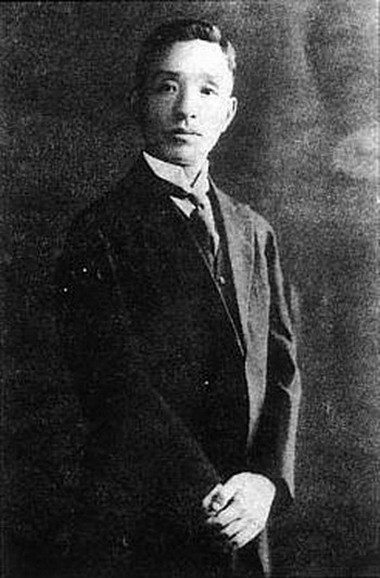
Huangbian
Huang Yue’s provisional regent cabinet accomplished two major tasks: one was to expel Puyi from the Forbidden City and set up a committee to clean up the room and clean up the aftermath; the other was to speed up the preparations for various meetings stipulated in the Sino-Russian Agreement and set up a Sino-Russian Geng Committee as soon as possible to ensure that the power of control remained in the hands of the Kuomintang. At that time, Wang Zhengting, who was the foreign minister again, spared no effort to promote the Sino-Russian meeting. It can even be said that the diplomacy of Huang Wei’s cabinet has nothing else:
During the regency of Huang Yue, Wang Zhengting was keen on the Sino-Russian meeting, and Karakhan also actively cooperated. It seems that the meeting is just around the corner. On November 6, the two sides decided that the Sino-Russian meeting is scheduled to open on the morning of the 18 th, and the Canadian ambassador hopes to solve the following problems: (1) the candidate for the China Committee of the Russian Geng Fund Committee; Transfer of Russian Orthodox Church property; Wang promised the competent department to handle the handover of three Russian ships that stopped in Shanghai in real time. On the 7th, Wang Zhengting went to the Soviet Embassy to congratulate the Soviet National Day and discuss a Sino-Russian meeting. For a while, Sino-Soviet diplomatic relations were quite harmonious, but soon there were rumors of delay. It was reported that "Wang Zhengting intends to go to Tianjin and Zhang Zuolin and solicit opinions from the Sino-Russian meeting." As a result, due to Duan and Zhang’s opinions, the Soviet side was a little slow. On the 15th, Wang Zhengting and Karakhan met, and the ambassador said that the meeting could be held at any time, but there was also a meeting in order to avoid Mukden, so it was necessary to make arrangements in advance. Both Wang and Jia sent people to Tianjin to contact Zhang Zuolin. On the 17th, the Ministry of Foreign Affairs promulgated the working rules of the Sino-Russian Conference Office (replacing the Sino-Russian Conference Office), with Yan Heling as the director. On the 20th, an internal meeting was held in the Ministry of Foreign Affairs to report to Wang Zhengting the minutes of the former "China-Russia Conference Office" in handling various Russian affairs, such as border affairs, negotiation, east road, compensation and external Mongolia. [The History of Northern Ocean’s Treaty Amendment Covered by the Abolition of Unequal Treaties (1912-1928), pp. 240 and 241]
A few days ago (November 15th), Zhang Zuolin and Feng Yuxiang held an emergency meeting in Tianjin, led by electrifying the whole country, and elected Duan Qirui as the temporary ruling of the Republic of China. Duan Qirui took office on 24th to form an interim government, but this day was also the day when the China-Russia G Fund Committee was established. Karakhan and Wang Zhengting are tacitly aware that they must ensure that the Committee’s work is not interfered by Duan Qirui. Wang Zhengting can complete all the arrangements in a short period of time, which is really fast. He is fighting for financial power for the Kuomintang.
When Duan Qirui formed the cabinet, he appointed Tang Shaoyi as the foreign minister. Tang did not take office, and Shen Ruilin acted as the agent. On February 21st of the following year, he became the foreign minister. The foreign minister changed hands, and the Sino-Russian meeting was delayed again, but the most thorny issue of the relationship between the Sino-Russian Agreement and the Agreement to Serve Russia was finally solved. In January and February of 1925, with the cooperation of Zhang Zuolin, the Agreement on Serving Russia was merged into the Sino-Russian Agreement as an annex, and on March 12th, Duan Qirui approved the merger of the meetings stipulated in the two agreements. At this moment, it is also commendable that the local authorities are consistent with the central authorities. In order to maintain the continuity of foreign policy, the executive government recalled Wang Zhengting from Shanghai to supervise the Sino-Russian meeting, which Zheng Qian would handle. On August 26th, the opening ceremony of the Sino-Russian meeting was held, which was nearly one year and three months after the signing of the agreement. However, Karakhan returned to China soon, and he did not have high hopes for the meeting. The six special committees that really matter (changed to negotiation, debt, road affairs, border affairs, air rights and special agents) didn’t meet one after another until November 28, and the special customs meeting in Beijing, which had been prepared by Beiyang government for a long time, was in a difficult process. By the summer of 1926 (the Fengfeng army had settled in Beijing in April of this year), the meetings of these six special committees were all declared a failure.
In April, 1924, when discussing the distribution of Russian G-money, some teachers in women’s normal university were bent on excluding the teachers attached to the middle school and primary school ("but they have gained something"), and their lack of impartiality was what Zhang Dongsun and Yan Fu called "the morality of managers". Yang Yinyu, the new headmaster, ignored the selfish decision of the Council and even reorganized the Council, which led to his own downfall. By May 1926, with the personnel metabolism, there was another Russian Geng fund at the disposal of Beijing’s education sector. Strangely, the staff of the National Nine Schools still refused to distribute public primary and secondary schools. They got into trouble with the Ministry of Education, repeating the conflict between Zhang Zeyao and Yang Yinyu.
Intellectuals in China can’t properly handle the "obstruction", and there are often "obstruction" or "a sum of money" behind the quarrel (euphemistically called "struggle"). On June 19, 1929, Lu Xun asked Li Jiye to guard against the plot against Gao Changhong and Pei Liang ["Changhong and Pei Liang made a scene and strived to be the leader. It can be seen that there is probably a sum (not about now). I hope to pay attention to their plot. " "Complete Works of Lu Xun" Volume 12, page 187], Gao and Xiang are no exceptions, which is the most regrettable. Poverty is not the main cause. Zhang Dongsun once criticized his own class: "The intellectuals in China have the least morality of mutual assistance and the attraction of unity. From a moral point of view, China’s intellectual class really has many immoralities [,] which are not comparable to other classes, such as slanderous competition, frivolous self-slowing, private opinions of the same party, rumors of reversing right and wrong, shameless adherence to the trend, and others. " (Zhang Qing: "Ideological Circles in the Qing Dynasty and the Republic of China", Volume II, Social Science Literature Publishing House, 2014, page 802) may be overstated, but when discussing the politics of Beijing in the 1920s, we have to consider the magic of boxer indemnity’s refund (especially Russian money) and the resulting interests and financial power temptation to distort the behavior of university professors.
